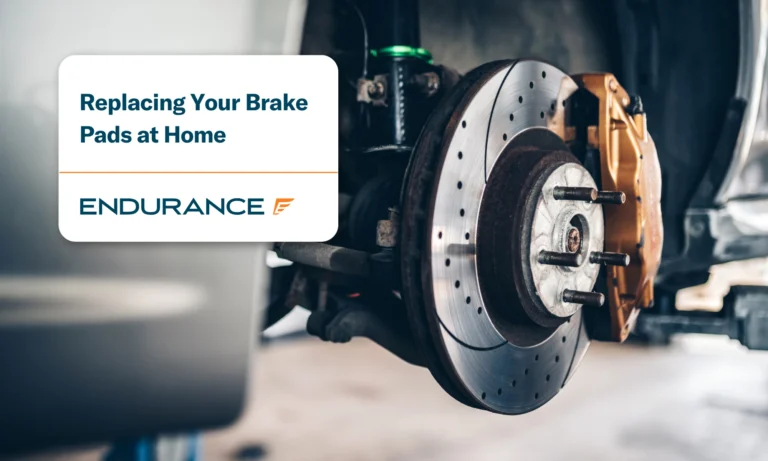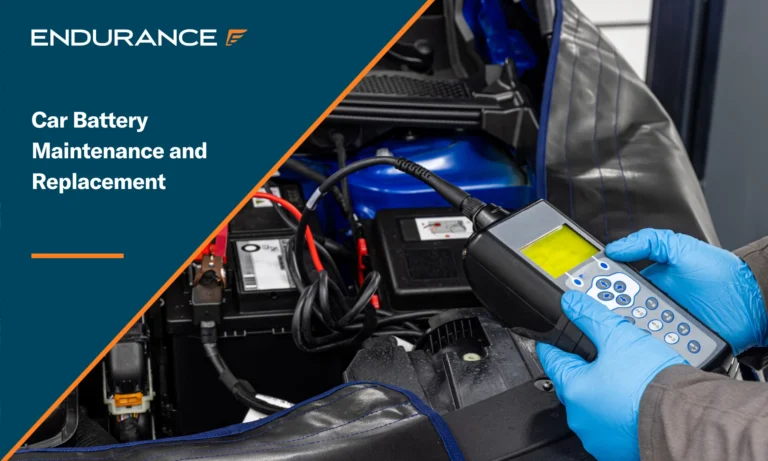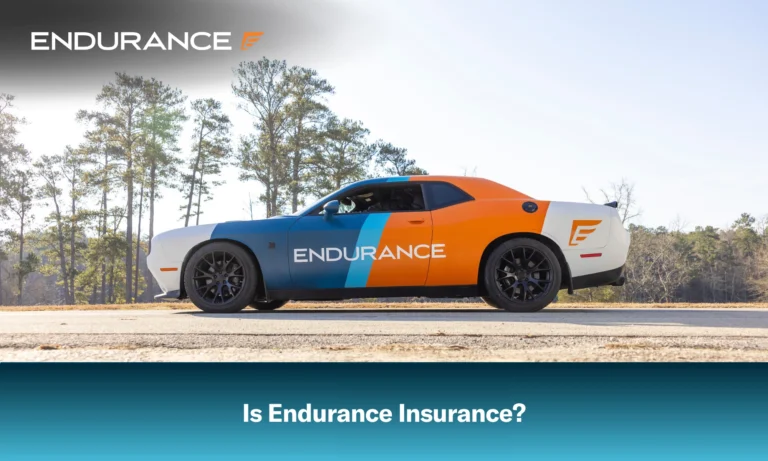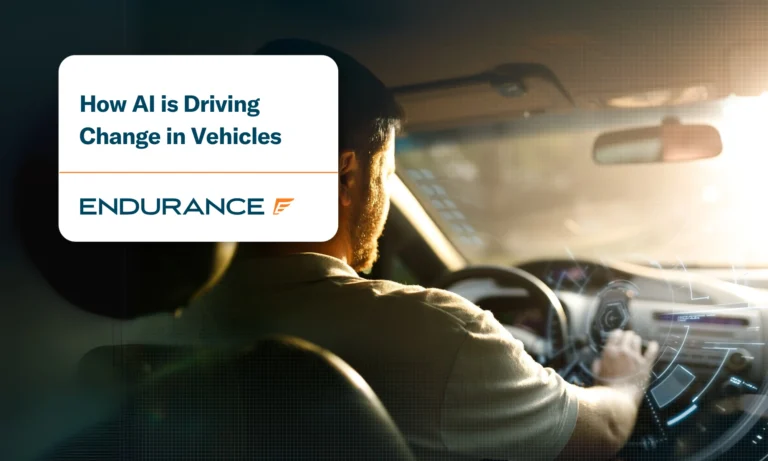Extended Car
Warranty Blog
Auto protection tips, vehicle maintenance guides, news, and more – Endurance partners with real mechanics and shop owners to help educate and inform drivers. Meet our experts.
- All Categories
- Autotainment
- Awards
- Company Resources
- Comparisons
- Cost and Price
- Customer Stories
- Endurance Cares
- Endurance Info
- Expert Auto Tips
- Extended Warranty
- Finance
- General Info
- How To
- Make/Model
- Mechanical Breakdown Insurance
- Motorsports
- News
- Press
- Research
- Reviews
- Rewind
- Shoptalk
- Spanish
- Tech
- Terminology
- Travel
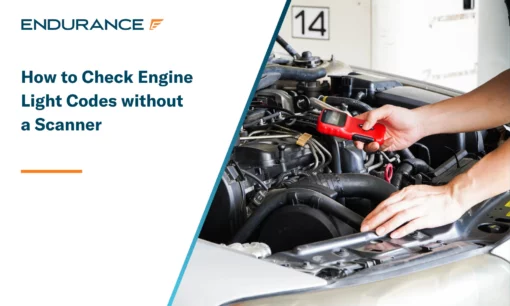
How to Check Engine Light Codes without a Scanner
An unexpected check engine light can create a momentary feeling of panic, especially if you're in the middle of traffic with somewhere to be. Don't worry, though. In most cases, a check engine light is the first sign of something being wrong in your car and doesn't necessarily mean catastrophic..






